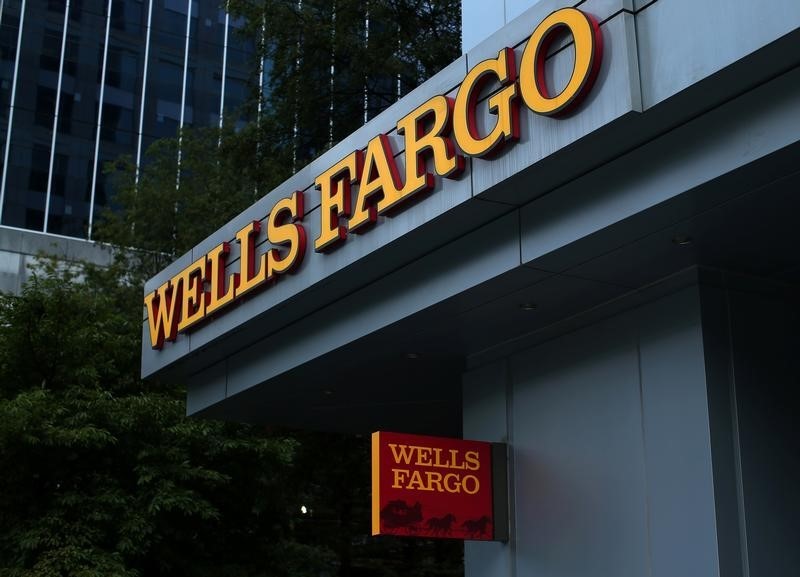Investing.com’s stocks of the week
Despite a better-than-expected earnings season, Wall Street economists still expect the U.S. to enter a recession this year. According to FactSet, the blended earnings decline for the S&P 500 is -2.1%, significantly better than the expected decline of 6.7%.
Economists at Deutsche Bank, who were the first first to forecast the U.S. recession early last year, still expect the recession to play out in the closing months of 2023.
“Although there is a risk it's delayed until H1 2024, we continue to believe it starts in Q4 2023. Since we made our prediction, the consensus has priced in an earlier and milder downturn. Our prediction is for a -1.25% peak to trough US GDP decline, milder than the average post-WWII recession, but aggressive versus the consensus,” Head of Global Economics and Thematic at Deutsche Bank, Jim Reid, said in a client note.
Wells Fargo economists agree and expect “the delayed effects of monetary tightening and tighter credit availability to dampen economic growth.”
“The enduring strength of the labor market prompted upward adjustments to our forecasts for employment, real disposable income and consumption, shifting the expected start of the downturn closer to the end of this year,” Wells Fargo strategists wrote in today’s note.
Deutsche Bank strategists are also “very enthusiastic” about the prospects and early success of AI technology.
“Given a poor cyclical outlook, low productivity, and declining demographics, we desperately need a new source of growth. This is unlikely to help us out this cycle, but it’s a hope we cling on to as we progress through this decade, after a very challenging start to the 2020s,” Reid concluded.
As far as the Euro Area is concerned, Reid sees a possible recession in late 2023/early 2024.
